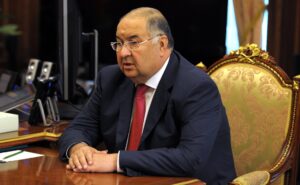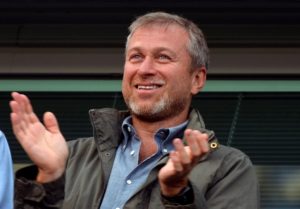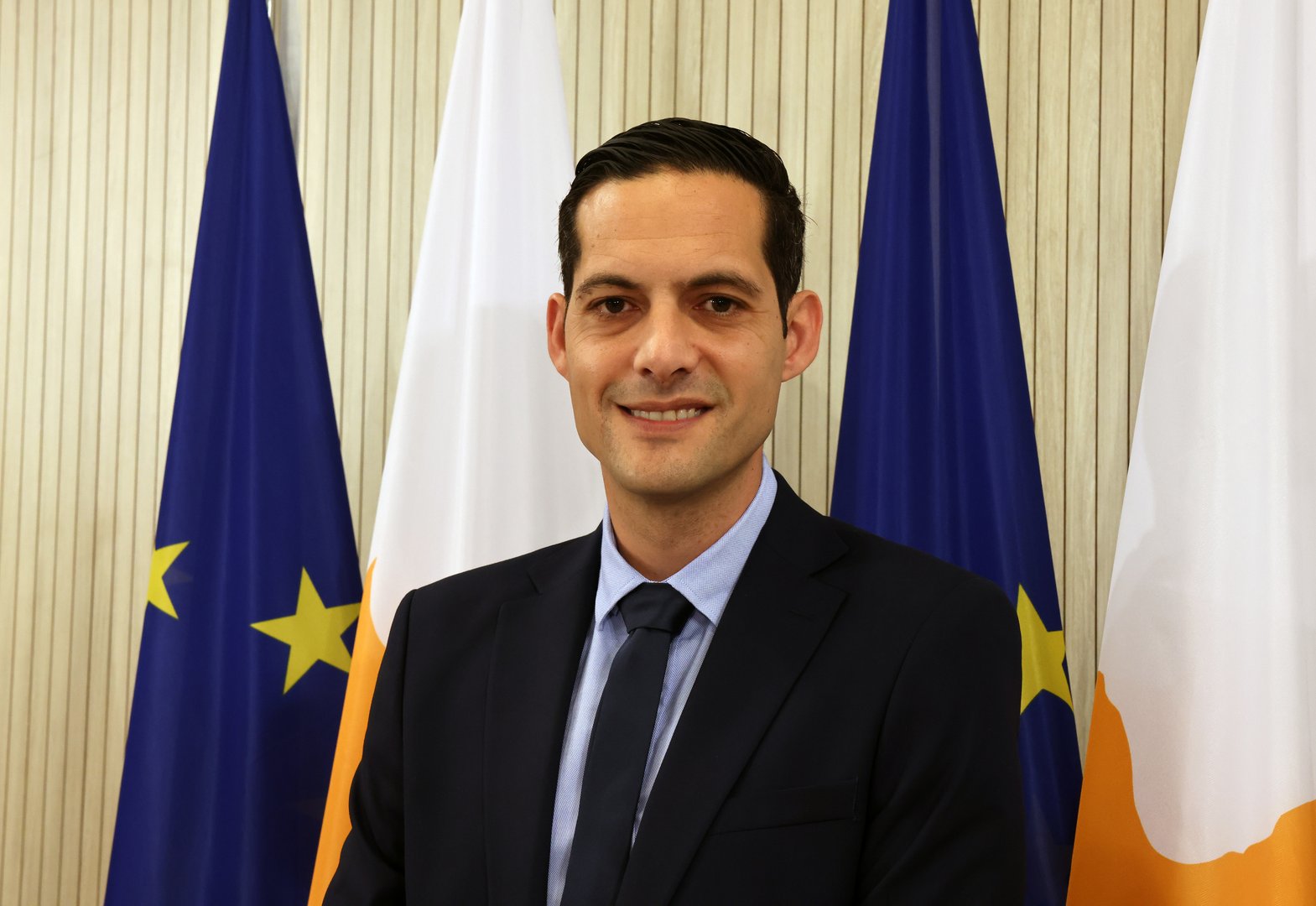The Cyprus government on Tuesday stressed it was ready to explore whether there were grounds to begin criminal proceedings against sanctioned Cypriots who have been named by the US and UK for knowingly assisting Russian oligarchs to hide their assets.
“Cases where there have been violations of Cyprus law or EU sanctions will be brought before justice,” government spokesman Konstantinos Letymbiotis said.
With the government now in damage control mode after dozens of Cypriots and Cyprus-based companies were hit by sanctions from the US and UK last week, Letymbiotis called it a “complicated and unprecedented” case.
The sanctions on 23 Cypriots – 10 of which are Cyprus born – and 20 companies based in Cyprus, accuse them of knowingly assisting Russian oligarchs Roman Abramovich and Alisher Usmanov to hide their assets in complex financial networks.
The Cyprus Mail understands this may be the tip of the iceberg however, as US investigations have been underway into a number of other lawyer’s offices in Cyprus, which are expected to be sanctioned in the near future.
Nothing to hide
President Nikos Christodoulides has already spoken with high-ranking US officials, and expressed the country’s commitment to cooperate. He has also requested the evidence behind the sanctions so that Cyprus’ attorney-general can begin assessing the material.
Foreign Minister Konstantinos Kombos has already met with US Ambassador in Cyprus Julie Fisher and discussed the matter with her. “Cyprus’ government has expressed in this way its readiness to cooperate with the US indicating that it does not conceal anything,” the spokesperson underlined.
Letymbiotis explained that while US and UK authorities have documented evidence, the investigation aims to explore whether the sanctioned individuals have committed any offences under Cyprus law – and whether EU sanctions were in place when the financial networks were set up.

File photo: Russian oligarch Alisher Usmanov
Devil is in the detail
Chairman of the Cyprus Bar Association Christos Clerides defended the lawyers involved, saying there is no evidence to support the claims. In fact, he went a step further and called the sanctions “an exaggeration”.
The Cyprus Mail understands there is no council decision adopting the chairman’s views.
According to Clerides, the devil is in the detail. His argument is that when these contentious financial networks were set up, Abramovich and Usmanov may not have even been sanctioned. As such, there was no issue of violating any laws or sanctions at the time.
“The services (the lawyers and accountants offered) were part and parcel of the services that helped Cyprus’ economy.”
The question remains to be whether the Cypriots were sanctioned for something they did in the past – or something they did after the EU imposed its sanctions on the oligarchs. This will become apparent once the US sends the detailed evidence behind the sanctions to Cyprus’ attorney general.
A crisis to be overcome?
When announcing the sanctions, the UK said “(Demetris) Ioannides is responsible for crafting the murky offshore structures which Abramovich used to hide over £760 million assets ahead of being sanctioned following Putin’s illegal invasion of Ukraine. (Christodoulos) Vassiliades, a Cypriot lawyer, is at the centre of a web of trusts and offshore companies that link Usmanov and Sutton Place Estate.”
Clerides called the sanctions “a new philosophy” brought forth by the US and UK that aim to fight the very system that allows the oligarchs’ continued asset management.
“They (the lawyers) don’t manage the system anymore. It exists but it doesn’t mean there’s activities going on now.”
Clerides noted the reason the financial enablers were targeted with sanctions – including a travel ban and asset freeze – was to ensure the asset management systems will collapse.
He said he has asked affected lawyers to prepare a report, adding that the bar association has not found any cases of “non compliance” from its members.
“I believe we will overcome this crisis.”

File Photo: Happier times for Roman Abramovich
Bank compliance was necessary for Cyprus’ economy
Clerides also made an appeal to the banks, which have frozen all accounts for sanctioned individuals and companies, to allow the companies to carry out operational transactions, such as paying staff wages.
Bank of Cyprus chief compliance officer Marios Skandalis told the Cyprus News Agency that although Cyprus is obliged to follow EU and UN sanctions, banks tend to voluntarily adopt US and UK sanctions as well, as it affects the credibility of Cyprus’ banking system.
This has been rewarded by the increase in the number of US dollar correspondent banks from just one to four, he said.
Skandalis denied banks had overexaggerated in adopting the sanctions, saying that had they not moved to act the way they had “the very next day, US dollar clearing banks would have shut down and our economy would have faced problems.”
He specified the finance ministry’s advisory committee on economic sanctions (SEOK), which is the competent body on sanction implementation, will determine the next steps.
“If SEOK ascertains that a certain person has no connection with the sanctions and if US secondary sanctions are not violated, perhaps the committee will decide to close the accounts and return the funds to a bank a certain person has abroad.”
Blocked off from Cypriot banks
Secondary sanctions imposed by the US concern persons or entities which possibly indirectly facilitate the transactions of a person included the sanctions list not just in US dollars, he added.
Cypriot persons and entities included in the sanctions lists cannot engage in any transaction with the Cypriot banking system.
“Adherence to the sanctions either of the UK or the US is implemented by the Cypriot banking system as whole,” he said.
Responding to comments there is no evidence that the sanctioned individuals were involved in sanctions evasion, Skandalis said that this should be examined.
“If there is any mistake, the authorities involved will rectify it. But as long as (these persons) are included in the sanctions list, the banks cannot do anything else,” he went on to say.
Lawyer Christodoulos Vassiliades, named on both the UK and US sanctions has denied the accusations, saying he is in contact with his lawyers to try and overturn the decision.







Click here to change your cookie preferences